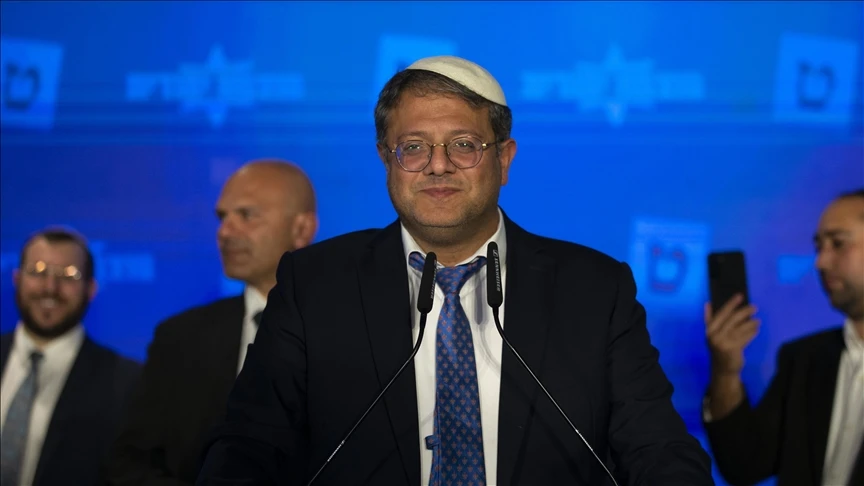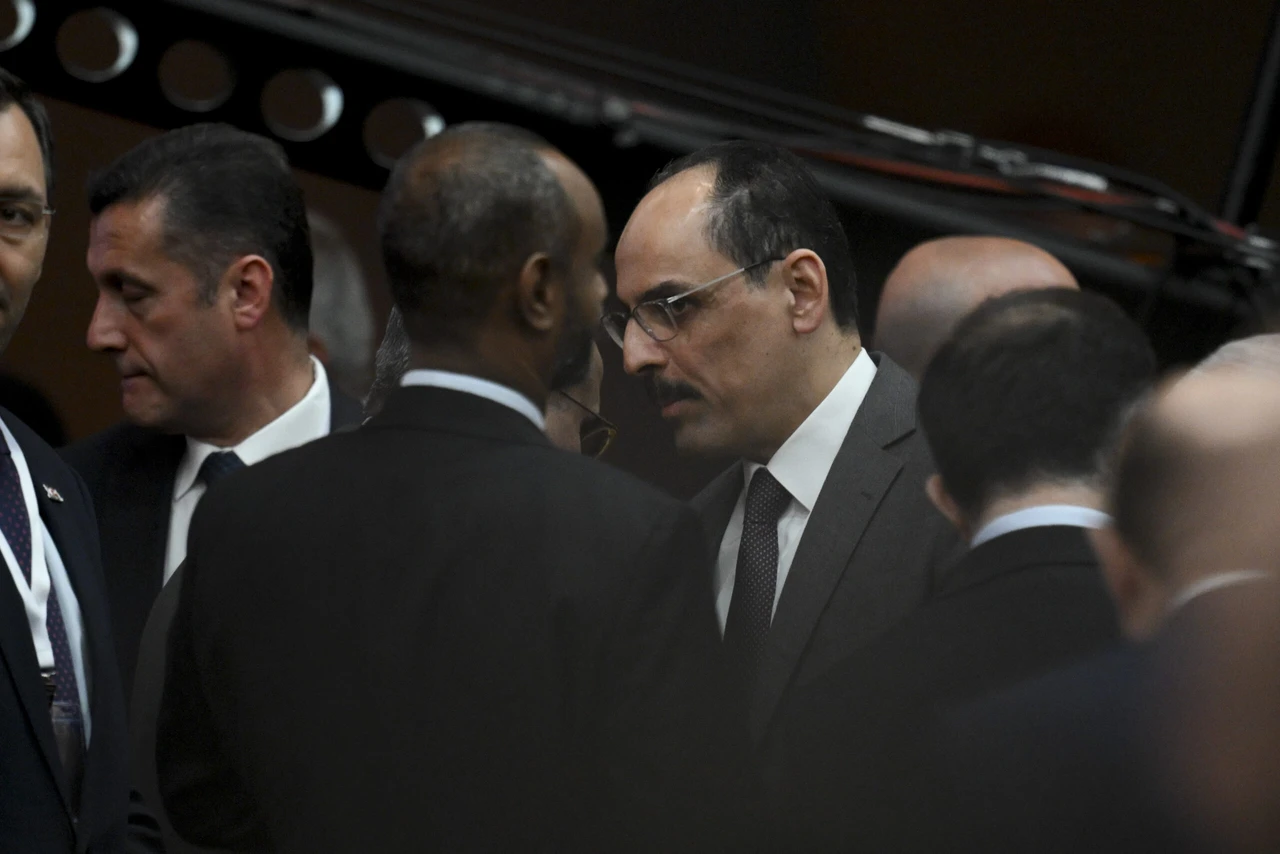Israeli minister Ben-Gvir restricts Muslim call to prayer
 Itamar Ben-Gvir, Israel’s far-right Minister of National Security, Tel Aviv, Jan 30, 2023 (AA Photo)
Itamar Ben-Gvir, Israel’s far-right Minister of National Security, Tel Aviv, Jan 30, 2023 (AA Photo)
Itamar Ben-Gvir, Israel’s far-right Minister of National Security, known for his hardline stance against Palestinians, has instructed authorities to confiscate loudspeakers from mosques in cities where Arabs and Jews live side by side. According to Türkiye’s Hurriyet, this directive aims to prevent the broadcasting of the Muslim call to prayer.
Ben-Gvir justified the move, claiming it is part of a policy to combat “noise pollution” that allegedly poses a danger to Israeli residents. Police have reportedly been deployed to carry out the confiscation orders. However, Arab mayors in East Jerusalem and other areas labeled the action as a “provocation against Arab and Muslim communities,” warning it could incite unrest and chaos.
Long history of opposition to call to prayer
Ben-Gvir’s disdain for the call to prayer predates his ministerial role. In 2013, he joined far-right activists in Tel Aviv to protest against mosques broadcasting the adhan, emphasizing his hostility to the practice.
Trump’s remarks please Israeli hardliners
In a related development, Israel’s far-right Finance Minister Bezalel Smotrich expressed relief over comments made by U.S. President-Elect Donald Trump. Trump warned Hamas of severe consequences if hostages were not released from Gaza, vowing to inflict “hell” on the group. Smotrich called Trump’s remarks “reassuring,” as tensions escalate ahead of Trump’s January 2025 inauguration.
Trump’s call for the release of captives, coupled with his threat of “a heavy price,” reflects his administration’s anticipated hardline policy in the region.
Agreement reached on Gaza’s post-war governance
Palestinian leadership forms joint committee
In Cairo, negotiations between the Palestinian Authority and Hamas led to an agreement on post-war governance in Gaza. According to the London-based news outlet El Arabi El Cedid, the two factions agreed to establish a joint committee comprising 10 to 15 prominent Palestinian figures. This body will oversee key areas such as healthcare, economic services, agriculture, and critical infrastructure.
However, Israel’s stance on the agreement remains uncertain. Tel Aviv has consistently opposed Hamas playing any role in Gaza’s administration post-conflict and has expressed mistrust toward the Palestinian Authority.
Uncertain future for Gaza’s leadership
With Israel refusing to recognize Hamas’s involvement and harboring doubts about the Palestinian Authority, the implementation of this agreement faces significant hurdles. Whether international mediators can bridge these divides will shape the future of Gaza’s governance and stability.



